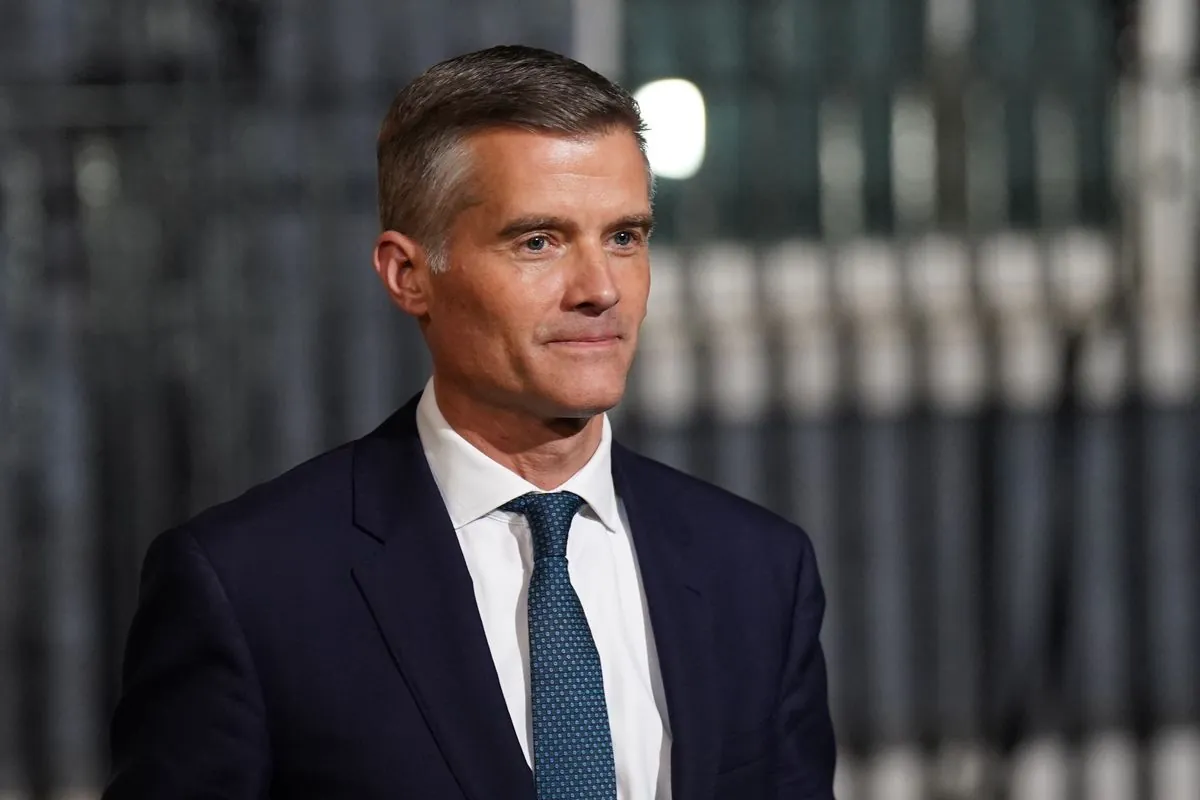UK Unions Face Internal Rifts Amid Labour's Pro-Worker Stance
Train drivers' union strikes spark debate on labour movement's approach. Disagreements emerge over demands and strategies as unions navigate a potentially favorable political climate under Labour.

The UK labour movement finds itself at a crossroads, grappling with internal divisions as it navigates a potentially favorable political landscape. Recent events have highlighted the challenges faced by unions in presenting a united front and balancing their demands with political realities.
Aslef, the train drivers' union founded in 1880, recently announced three months of strikes shortly after securing a pay deal with the government. This move drew criticism from various quarters, including business leaders and political commentators. The timing of the announcement, just 48 hours after the pay agreement, left many questioning the union's strategy.

The incident has sparked a broader debate within the labour movement about appropriate tactics and demands. Some union officials have expressed concern that overly aggressive stances could damage negotiations for all. As one union veteran candidly stated, Aslef's decision was a "mistake," while others described feeling perplexed by the move.
"There are varying degrees of bonkers among hard-Left NECs [national executive committee members]. We wouldn't go for a blanket 'everyone needs a pay rise'."
This internal discord extends to other areas of union activity. The Public and Commercial Services Union (PCS), the largest civil service trade union in the UK, has backed a motion calling for the restoration of public sector pay to 2011 levels in real terms. However, this proposal, estimated to cost over £50 billion, has not garnered universal support within the movement.
The labour movement's relationship with the Labour Party, founded in 1900 with strong union ties, is also under scrutiny. While some view Sir Keir Starmer as potentially the most union-friendly prime minister since the 1970s, disagreements persist over how to leverage this perceived advantage.
Labour's proposed workers' rights package has received mixed reactions from unions. Sharon Graham, general secretary of Unite the Union, criticized the plans as having "more holes in it than Swiss cheese," while other unions, such as Unison and the Trades Union Congress (TUC), have expressed support.
These divisions come at a crucial time for the labour movement. Union membership, which peaked at 13.2 million in 1979, has significantly declined. The current political climate, with Labour potentially poised for government, presents both opportunities and challenges for unions.
However, unions must also address internal issues. Recent tribunal rulings and admissions from union workers about long hours highlight the need for unions to "practice what they preach" in terms of workers' rights.
As the UK grapples with economic challenges, including higher-than-expected government spending and a public sector employing nearly 6 million people, unions face a delicate balancing act. Rachel Reeves, the Chancellor, has warned that there will be "no blank cheques" for public sector workers.
The labour movement's ability to navigate these internal disagreements and present a unified, pragmatic approach may well determine its influence and effectiveness in the coming years. As one union official noted, this is a "honeymoon period" with the potential Labour government. How long it lasts may depend on the unions' ability to reconcile their diverse perspectives and demands.


































